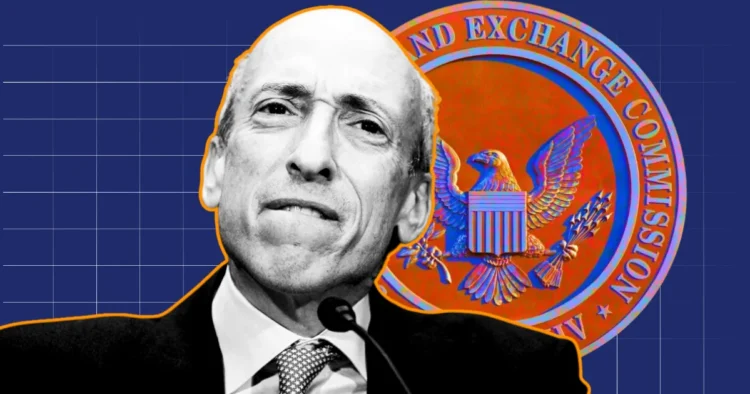The legal tussle between Ripple and the U.S. Securities and Exchange Commission (SEC) has taken a new turn. The SEC has decided to appeal after a federal judge ruled that the regulatory body did not successfully demonstrate that Ripple’s sales of XRP to retail customers constituted a breach of securities laws. This development adds another layer of complexity to an already intricate legal saga.
Ripple’s Legal Battle: The SEC’s Appeal and Ripple’s Response
The ongoing legal proceedings have sparked intense discussion, particularly on social media platforms like X. A notable conversation emerged when a user referenced attorney James Murphy, also known by his handle @Metalawman, suggesting that Ripple should file a cross-appeal. The analogy used was that of purchasing oranges in bulk to sell at a markup, implying that institutions buying XRP at a reduced rate to sell to retail customers operate similarly, framing both scenarios as commodity transactions.
Former SEC attorney Marc Fagel weighed in, stating that this viewpoint aligns with underwriting a securities offering. He noted that while Ripple’s legal team might contemplate a cross-appeal, they would probably refrain from equating XRP sales to institutions with commodity transactions. In a rebuttal, James Murphy responded, “This is misinformation. XRP is not a security. Distribution of XRP to retail is therefore obviously not a securities underwriting. Securities Law 101.”
Fagel criticized the dismissal of his legal stance as “misinformation,” remarking that such dismissals are common among lesser-informed participants on Crypto Twitter. He emphasized that the court identified sales to institutional investors as securities offerings, which distinguishes them from securities underwriting when resold to retail investors.
The court distinctly dismissed the notion that Ripple conducted investment contract sales to institutional buyers as underwriters. Unless the SEC challenges this judgment, and considering it is not contesting the decision that XRP itself is not a security, the situation remains unchanged.
Diverging Views on XRP’s Status: Commodity vs. Security Transactions
Attorney Bill Morgan also contributed to the discussion, highlighting that the court specifically rejected the notion that Ripple’s transactions with institutional buyers constituted underwriter sales of investment contracts. He asserted that unless the SEC disputes this finding—and given it has not challenged the judgment that XRP itself is not a security—institutions reselling XRP on exchanges for profit can indeed be likened to wholesalers selling oranges to retailers.
- Also Read:
- XRP News: RLUSD Stablecoin – Game Changer or Threat to XRP?











